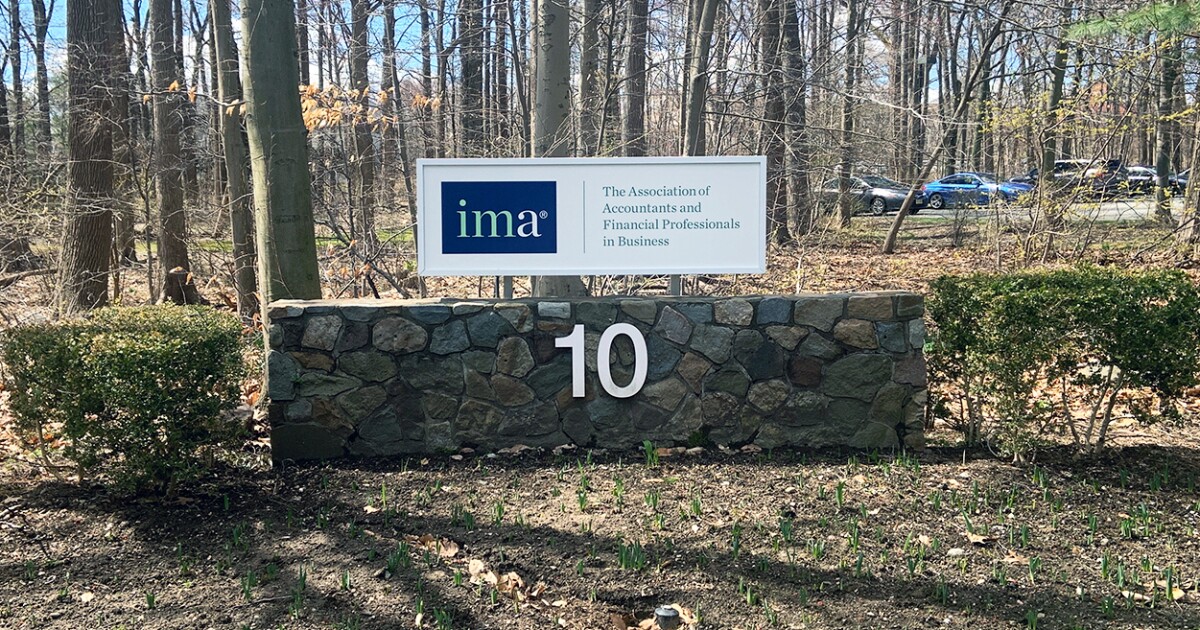Accountants are increasingly being asked to deal with sustainability issues as more businesses are called upon by investors to report on how they are dealing with issues like climate change and carbon emissions.
This week, amid the United Nations COP29 climate change conference in Azerbaijan, business leaders have been playing a larger role, including fossil fuel companies, prompting an open letter on Friday from environmental groups calling for reforms in the COP process.
ESG standard-setters have also been playing a role at COP, with groups like the Global Reporting Initiative and the Carbon Disclosure Project signing a memorandum of understanding to deepen their collaboration on making their standards interoperable as the International Sustainability Standards Board reported progress on growing acceptance of its standards by 30 jurisdictions around the world.
Last month, the Institute of Management Accountants released a report on why business sustainability depends on the competencies of management accountants. The report discusses the critical areas in which management accountants are crucial to ensuring sustainability within their organizations, along with how existing accounting capabilities support sustainable business.
“The main focus and the main attention right now in the ESG field is going to compliance, to the reporting parts,” said Brigitte de Graaff, who chaired the IMA committee that authored the report. “There are a lot of rules and regulations out there.”
For right now, those rules and regulations are mostly voluntary in the U.S., especially with the Securities and Exchange Commission’s climate disclosure rule on hold. But in the European Union, where de Graaff is based in Amsterdam, companies have to comply with the Corporate Sustainability Reporting Directive.
“In Europe, of course, there is not a lot of voluntary reporting for the larger companies anymore, but it’s all mandatory with a huge amount of data points and aspects that they need to report, so there’s a lot of focus right now on how to comply with these rules and regulations,” said de Graaff. “However, there’s also a lot of discussion going on about whether it should be about compliance. What’s the reason for reporting all these aspects? For us what was really important was that there is a lot of opportunity for management accountants to work with this kind of information.”
She sees value beyond purely disclosing ESG information. “If you use this information, and you integrate this in your organization, there’s much more value that you can get out of it, and it’s also much more part of what kind of value you are creating as an organization, and it’s much more aligned with what you were doing,” said de Graaff.
The report discusses the benefits of the information, and how management accountants can play an important role. “You can use and integrate this in your FP&A and your planning processes,” said de Graaff. “You can integrate this kind of information in your strategy, something that management accountants are very well equipped for, but also to track performance and see how you’re actually achieving your goals, not only on financial aspects, but also on these nonfinancial aspects that are much broader than the E, S and G factors.”
The report discusses how to go beyond the generic environmental, social and governance parts of ESG to understand how they relate to a business’s core operations and make it more sustainable.
Management accountants can even get involved in areas such as biodiversity. “Even though, as a management accountant, you might not be an expert on marine biology and what the impact of your organization is underwater, you are able to tell what are the checks that have been performed on this,” said de Graaf. “Is this a common standard? Is this information that is consistently being monitored throughout the organization? Or is it different and what are the benchmarks? What are the other standards? These kinds of processes are something that management accountants are well aware of, and how they can check the quality of this information without being a subject matter expert on every broad aspect that may entail in this ESG journey that an organization is on.”
ESG can become part of the other work that management accountants are already involved in performing for their organizations.
“Ultimately there are a lot of competencies that management accountants were already doing in their organization, and ESG might sometimes seem unrelated, but it basically ties in into the competencies that we already know,” said de Graaff. “I hope that with this report, we can also show that the competencies that we are so familiar with, that we’ve been dealing with other strands of financial information, that you can basically also use these competencies in the ESG arena. Even though there’s a lot that seems very new, if you are aware of how you can tie that in, you can use the skills that you already have, the skill set that you have as a management accountant, to really improve your risk management processes, your business acumen, your operational decision making, etc. I hope that with this publication, we can also take away a little bit of the big fear that might be around a huge topic, as ESG is now. This is actually just a very interesting and exciting way to look at this kind of information, and we are very well equipped to help organizations navigating through this changing ESG regulation world.”


 Blog Post6 days ago
Blog Post6 days ago
 Economics1 week ago
Economics1 week ago
 Economics1 week ago
Economics1 week ago
 Personal Finance1 week ago
Personal Finance1 week ago
 Personal Finance1 week ago
Personal Finance1 week ago
 Accounting1 week ago
Accounting1 week ago
 Finance1 week ago
Finance1 week ago
 Finance1 week ago
Finance1 week ago













